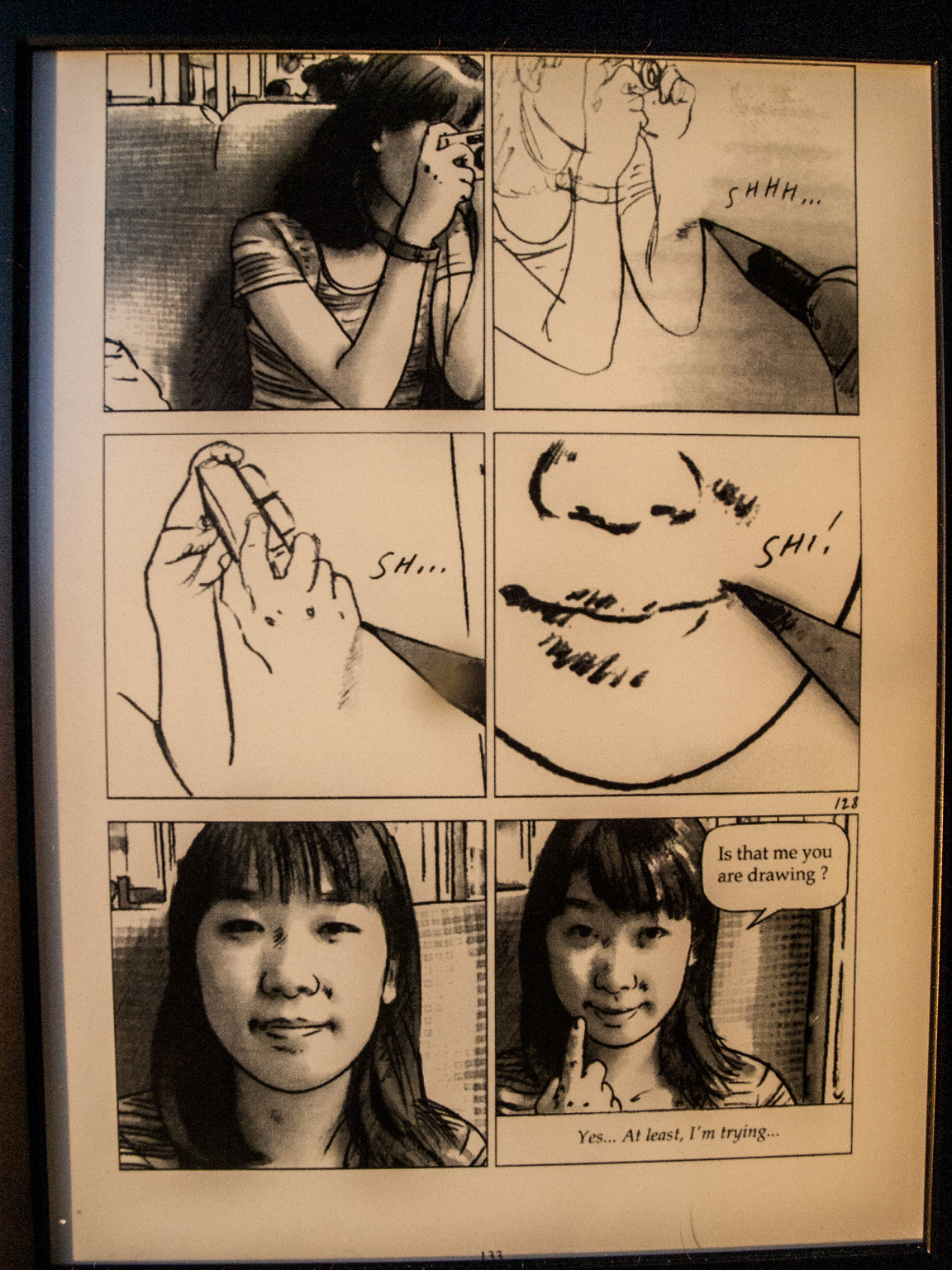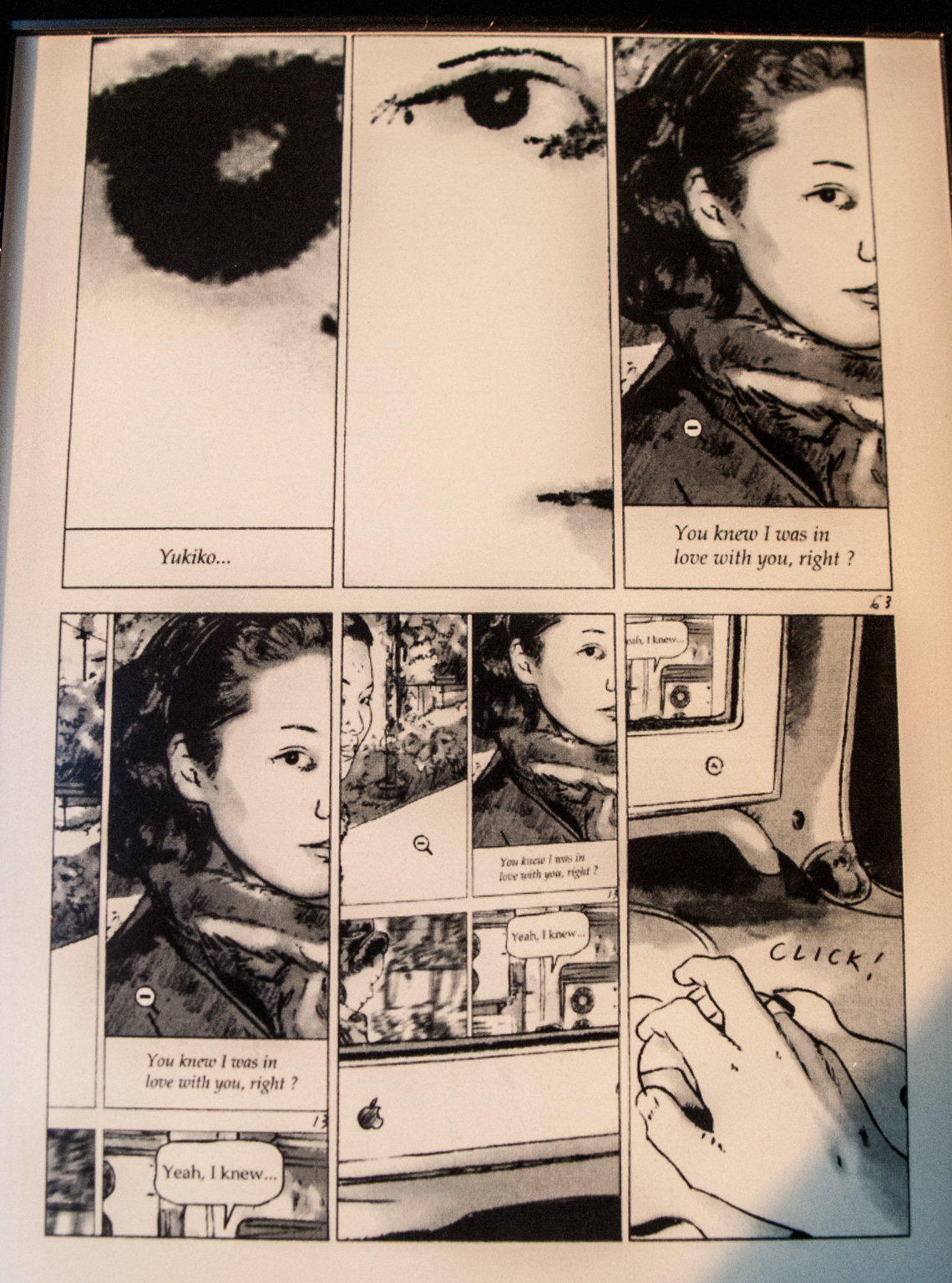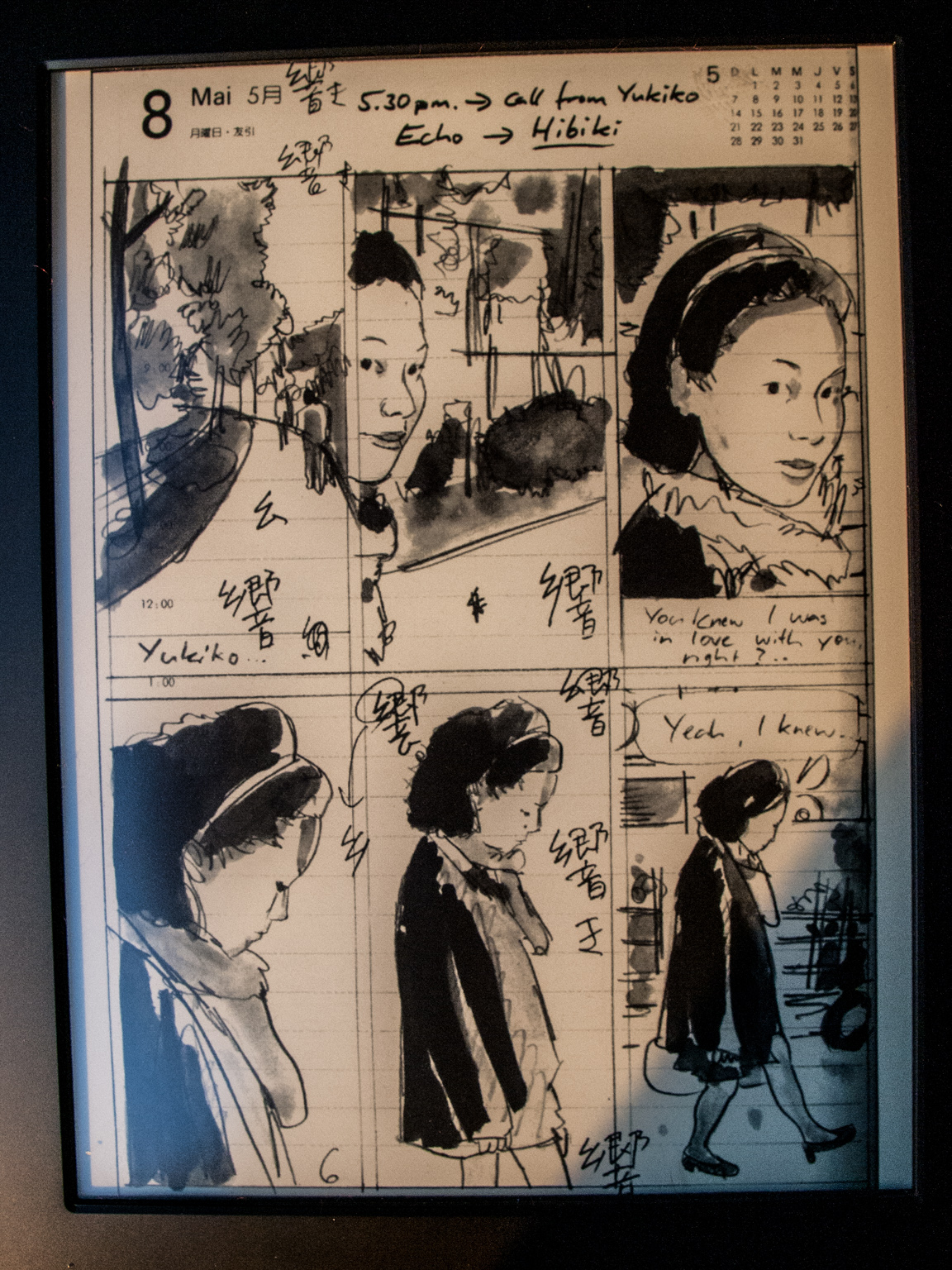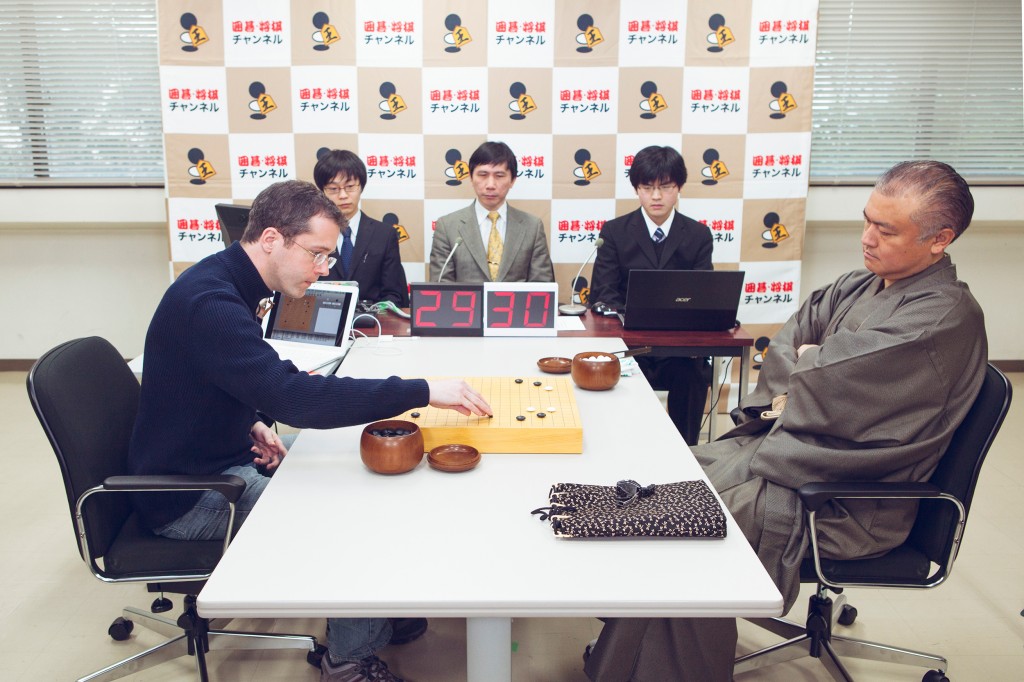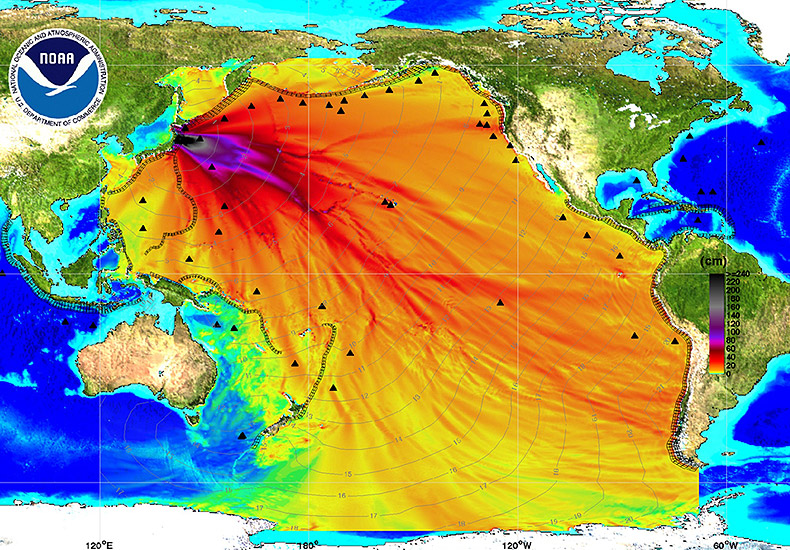 Norwegian Wood by Haruki Murakami
Norwegian Wood by Haruki Murakami
My rating: 4 of 5 stars
Some memorable quotes from this book:
“If you only read the books that everyone else is reading, you can only think what everyone else is thinking.”
…
“Letters are just pieces of paper,” I said. “Burn them, and what stays in your heart will stay; keep them, and what vanishes will vanish.”
…
“Don’t feel sorry for yourself. Only assholes do that.”
Murakami was born in 1949. Like Terry Pratchett, who passed away some days ago. Like my father. What would it be like to have Terry Pratchett or Haruki Murakami as your dad?
The protagonist was also born in 1949 and serves as our 20-year-old guide through the Japan of way back when: most of Norwegian Wood takes places in Tokyo and Japan in ’69 and ’70. I see it as a mental documentary of what it was to live back then. Such indirect or direct accounts always excite me and nostalgically take me back to places I never saw, memories I never had. Manos Hatzidakis gives me a similar feeling (ASXETO!)
I don’t know what it is in his writing, but Murakami-san can take me on a trip. His descriptions make sense. I connect with them in a way I just cannot with the works of a lot of other writers. I’m there. I smell the grass in the lush Japanese mountains and the cars’ fumes in dirty, crowded Tokyo. I taste the sake and the whiskey. I’m a voyeur in the sex scenes that are funny in their straight-forward explicitness. I care for the various tragic, funny or awkward characters. It makes sense that I do: I’ve got to know them. I grow attached to these living, breathing people that could easily be followers of a contemporary variety of the Tao of Zen.
So it also makes sense that I’m sick of them dying for no clear reason to me. What I can safely say is that, no matter if death at one’s own hands is a cornerstone of Japanese culture or that the protagonist considers that “death is not the opposite of life but an innate part of it”, I much prefer reading what Murakami has to say about life and love than about suicide.
Thank you Daphne for lending me Norwegian Wood.
PS: There’s a lot of ’60s music in this book and many characters playing well-known pieces on guitars and pianos. Here’s a little playlist I found that would do nicely as a companion soundtrack:


